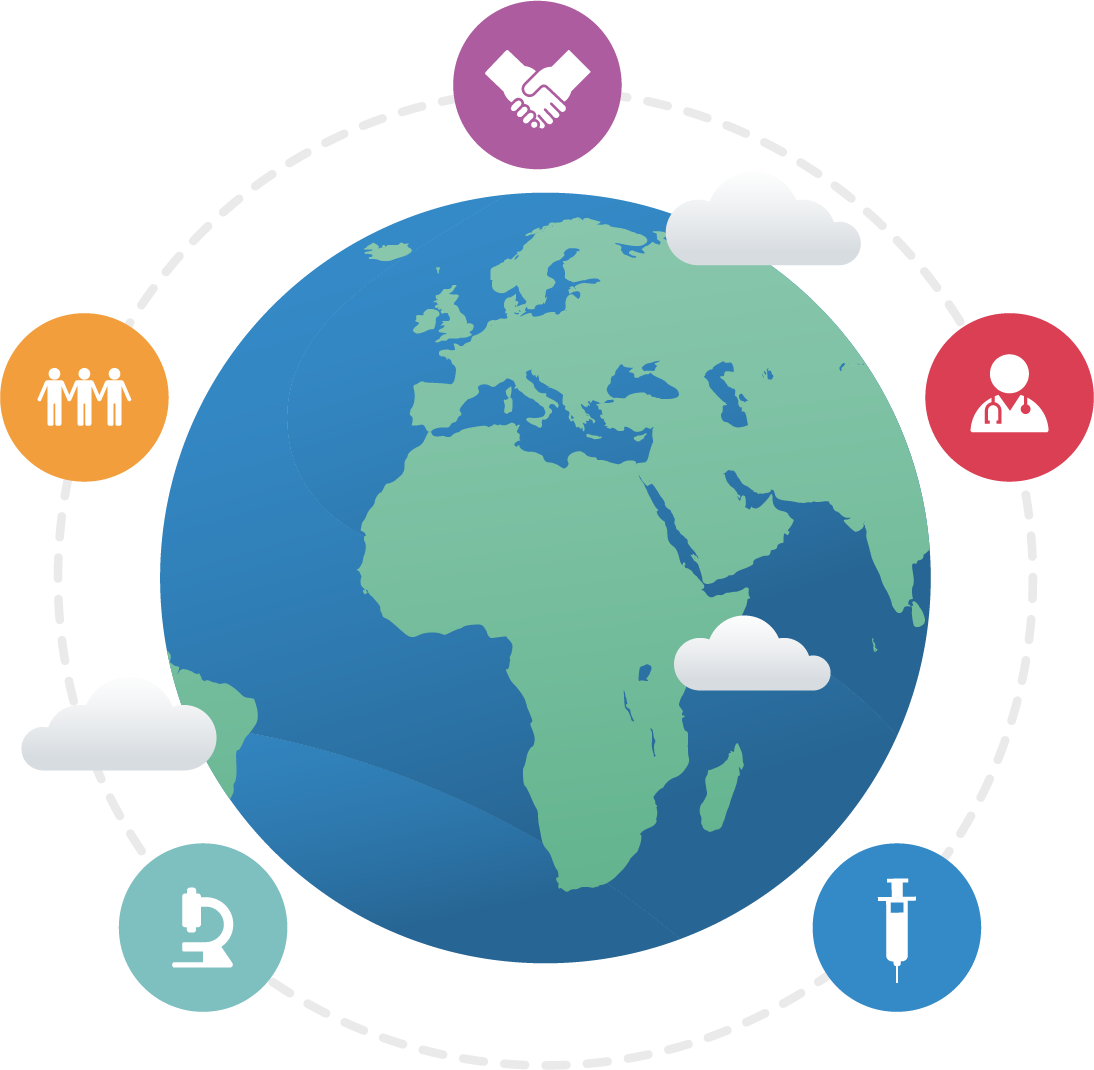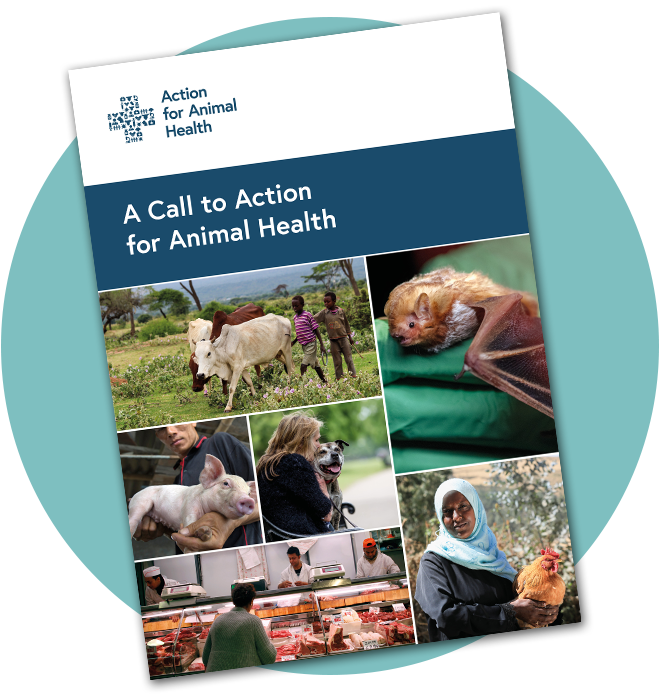The devastating health, social and economic consequences of COVID-19 have focussed the world’s attention on the growing threat from zoonoses (infectious diseases that are transmitted from animals to humans).
COVID-19 is the starkest example to date of why we must invest in animal health to prevent another pandemic. We are only strong as our weakest health system. COVID-19 joins a long list of zoonotic diseases including rabies, Ebola, SARS, and avian influenza that have killed millions of people.
It is imperative to recognise the complex relationships we have with the companion, production, working and wild animals that we depend on for our food, livelihoods, companionship and wellbeing. Ensuring that animals are healthy and in good welfare is critical to achieving the Sustainable Development Goals.
Historic failure to recognise animal health systems has led to major gaps:












